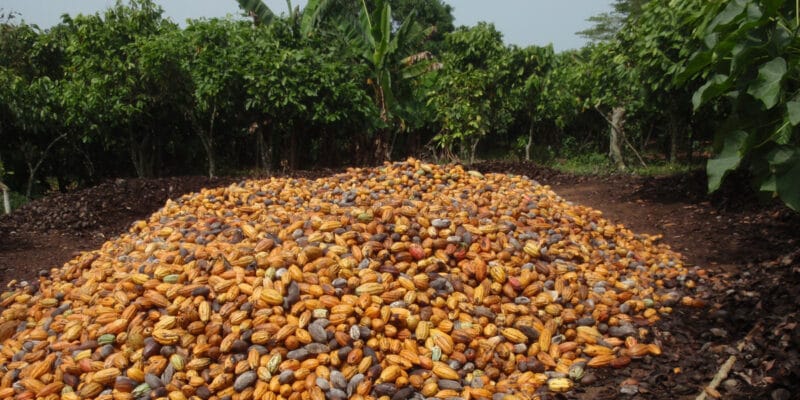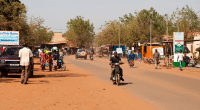Nestlé has just published its latest Nestlé Cocoa Plan report. The Swiss food giant reports quantified progress in reducing deforestation in the cocoa supply chain in Ivory Coast and Ghana. Over the past three years, the company says it has mapped 85% of the farm boundaries of the 110,000 Nestlé Cocoa Plan farmers in West Africa.
Nestlé, which buys 60% of its cocoa from West Africa, notes progress in reducing deforestation. The Swiss food giant says it has introduced regenerative supply chains for forests and cocoa-producing communities. The latest Nestlé Cocoa Plan report, published on May 8th, 2021, outlines the sustainability actions taken over the past three years in Ivory Coast and Ghana in the Swiss company’s cocoa supply chain.
In 2020, Nestlé mapped 85% of the farm boundaries of the 110 000 farmers in its Nestlé Cocoa Plan in Ghana and Ivory Coast. This mapping helps to monitor the boundaries of cocoa plantations, so as to alert to any expansion into the forest. In the same year, Nestlé finalised its programme to distribute more than 1 250 000 native and fruit trees in Ivory Coast and Ghana to make farms more climate resilient and diversify farmers’ incomes.
Local communities at the centre of Nestlé’s strategy
Other efforts to financially empower local communities include financial support through associations, distribution of efficient and cleaner cooking stoves, training on best agricultural practices and raising awareness of the need for forest conservation. These actions have been carried out despite the restrictions caused by the Covid-19 pandemic. According to Nestlé, these challenges were overcome through collaboration with the governments of Ivory Coast and Ghana, suppliers, partners, and cocoa farming communities.
Read also: COTE D’IVOIRE: Sifca and Satelligence join forces for the “zero deforestation” objective
Cocoa farming as an accelerator of deforestation in West Africa
Deforestation remains one of the pressing issues facing the cocoa sector, particularly in West Africa. In a report published in September 2017, the non-governmental organisation (NGO) Mighty Earth, accuses the large chocolate firms of being the cause of deforestation in Ivory Coast. According to the NGO, at least 90% of protected areas have been transformed into cocoa plantations.
The Nestlé Cocoa Plan was launched in 2009 to stop the bleeding of West African forests. The programme aims to supply Nestlé with 100% sustainable cocoa by 2025. This includes eliminating cocoa-related deforestation, increasing farmers’ incomes, ensuring high quality cocoa and addressing supply chain issues such as child labour, gender inequality and poor social conditions.
Boris Ngounou







